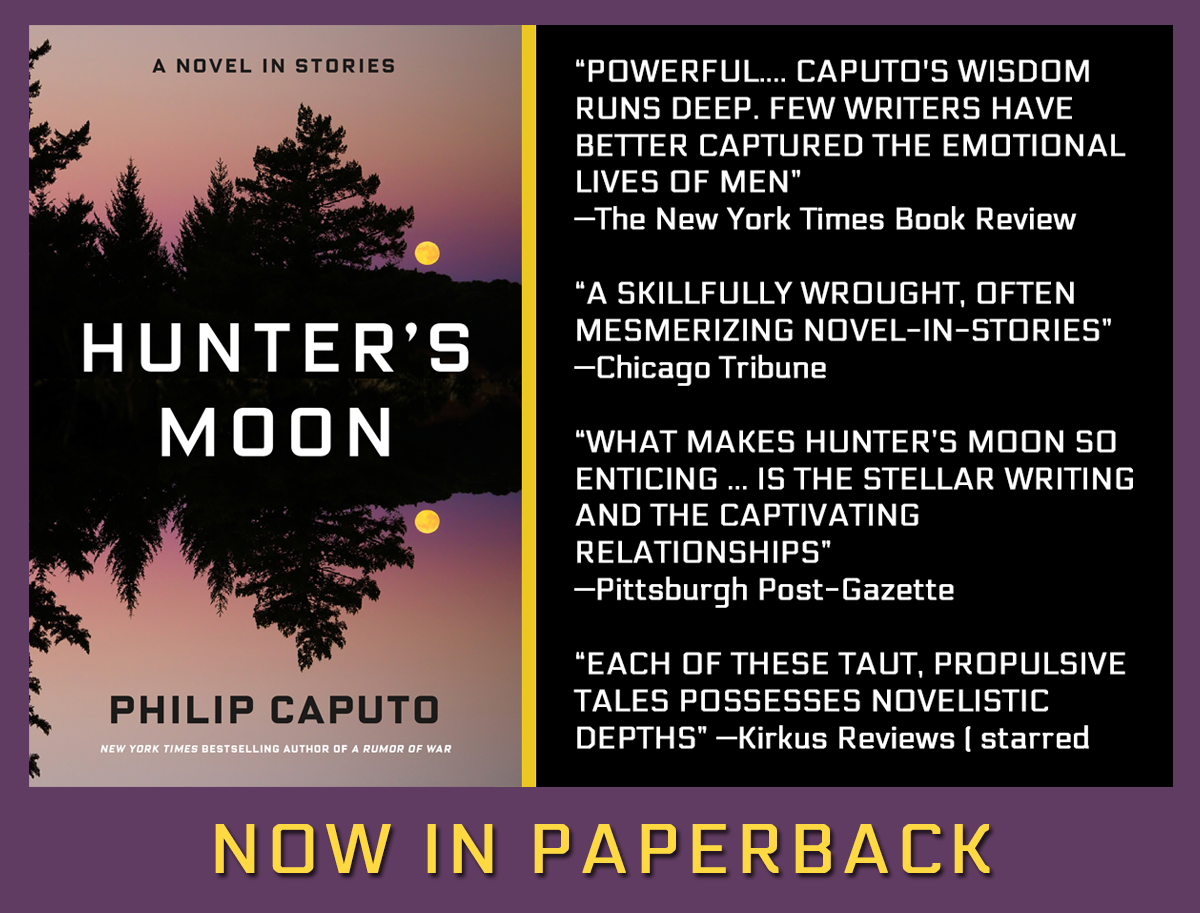The Biden administration has come out with a couple of howlers in the past two weeks or so.
The first was delivered by the Vice-President, responding to an interviewer’s question: “The border is secure.” The second, more recent chuckle-worthy comment was uttered by POTUS himself on television: “The pandemic is over.”
We can leave the border issue for another day. Right now, I’ll address the President’s premature obituary of COVID. On a national level, deaths from the virus are averaging a little more than 400 per week as of September 30. That is way down from weekly averages of 3,000-plus in early 2021 and 2,600 in February of this year; but it’s still not nothing.
On a personal level, my daughter-in-law and middle granddaughter came down with the disease this summer; both recovered after several miserable — and anxious — days. Just this past week, my niece, my sister and brother-in-law, and my wife have tested positive and are now in self-imposed quarantines. My 96-year-old mother-in-law and I are so far virus free, and trying hard to stay that way. It’s back to masking, back to social distancing from our infected family members. Also back to not making any plans beyond what to do today, tomorrow at the latest.
Leslie and I have to behave like a couple who don’t like each other very much, dining at the far ends of our 10-foot dining table, staying at least six feet apart when speaking to one another, washing our hands like obsessive-compulsives, and, of course, not sleeping in the same bed.
All of us, by the way, have been fully vaccinated and boosted. I have an appointment this coming Monday, October 3, to receive a third booster, the one called bivalent for whatever new variant the fiendish virus has conjured from its bag of nasty tricks.
The good news is that contracting COVID is no longer tantamount to a death sentence or to prolonged incarceration in an ICU. My family, for the time being, are coping rather well, with relatively mild symptoms: coughs, slight fevers, fatigue. My hope, of course, is that everyone gets through it soon, though I keep in mind that a few of my wife’s friends have had recurrent bouts. So, I say to Joe Biden: It ain’t over till the fat lady sings, and she has yet to sing a note.
Leslie and I had some nervous moments when Hurricane Ian blasted into Florida this past week. Two sons, a daughter-in-law, and three granddaughters live in that state. Our biggest concern was for the elder of the boys, Geoff, who resides in St, Petersburg, which for a while was in the crosshairs of the monster storm. Its evil eye passed well to the south, sparing him and the house he has worked his heart out to fix up. But it was twenty-four hours before we heard from him that he and the house and the city had dodged the bullet.
A cousin of mine and her husband own a vacation house in Fort Meyers, which did not dodge the bullet. Fortunately, they weren’t there when winds of 155 miles an hour and a biblical storm surge left much of it and Fort Meyers Beach looking like Ukraine after a Russian shelling.
Ian will probably go down in history as the most destructive cyclone ever to strike Florida, a state that’s seen more than its share of ferocious storms. I vividly recall Miami after Hurricane Andrew ravaged south Florida in 1992. My younger son, Marc, had just started his freshman year at the University of Miami, we had been unable to contact him for several days, and were much relieved when we learned that he had survived unhurt, if emotionally shaken by the destruction wrought by Andrew’s sustained winds — 165 mph. It was so pervasive that I did not recognize parts of Miami and almost got lost because familiar landmarks had been obliterated.
But Andrew was a fast-moving storm. Ian was not, lingering on the coast, whirling, roaring, creating a tidal surge that resembled a major dam breaking. Compared with that, coping with COVID seems pretty tame.
Oh, yeah — Our word, hurricane, derives from a Taino Indian word, Hurukan, meaning “demon wind.”



“ Demon wind” accurately describes just what we have seen and heard. Fortunately, we were lucky enough to not experience it first hand. Our home sustained minor damage; the status of our boat remains unknown. Ian blew it off our lift, and we think by now it is sitting in the bottom of the Gulf of Mexico. We still remain grateful that we have another home, and no worries about fresh water or electricity. Our hearts go out to all those in Ian’s path, especially the to those on the barrier islands who no longer have bridge access. Prayers for the residents and the responders. Phil, hoping you and Leslie remain Covid – free!
Phil;
Very well summarized
I assume no trip West to wonderful Wyomiing
Always room at the Inn for you and Leslie
Hope something works to hook-up in Patagonia
this year
My ver best to you and Leslie
Tom and Eliza
As always, it is very good to hear from you, to hear the strength in your voice and the clarity of your thoughts.
Had it not been for television and internet, all we would have known on Saint Simons was that a cooling wind had blustered and bent the trees for a couple of days under a solid gray high overcast – it was beautiful and bracing – not knowing that ninety miles offshore a demon storm was passing to make more misery in poor Charleston, where my cousin suffered damage and loss, luckily not of life or limb.
I tend to cut Biden a lot of slack, if only from relief that he is not Putin’s ex-boyfriend, (who, by the way, has been proclaimed The Son of Man by Q-anon; something he likely lapped up like liquid BigMac.) I knew what Biden meant by what he said, that, as a country we have been able to return to a semblance of normalcy, but he didn’t need to say in that way, for simple reason that it violates actual reality as many people still experience it. To be separated from my wife as you have needs been from yours has been a nightmare to contemplate, and I am sorry for your misery and all that has afflicted your loved ones.
Thank you for continuing to avail us of your viewpoint.
Praying for your family and friends through the Covid and hurricane events. Thanks for sharing about your family. I am a former student of yours at the University of Northern Iowa in Cedar Falls. I thoroughly enjoyed your class about the Vietnam Era.